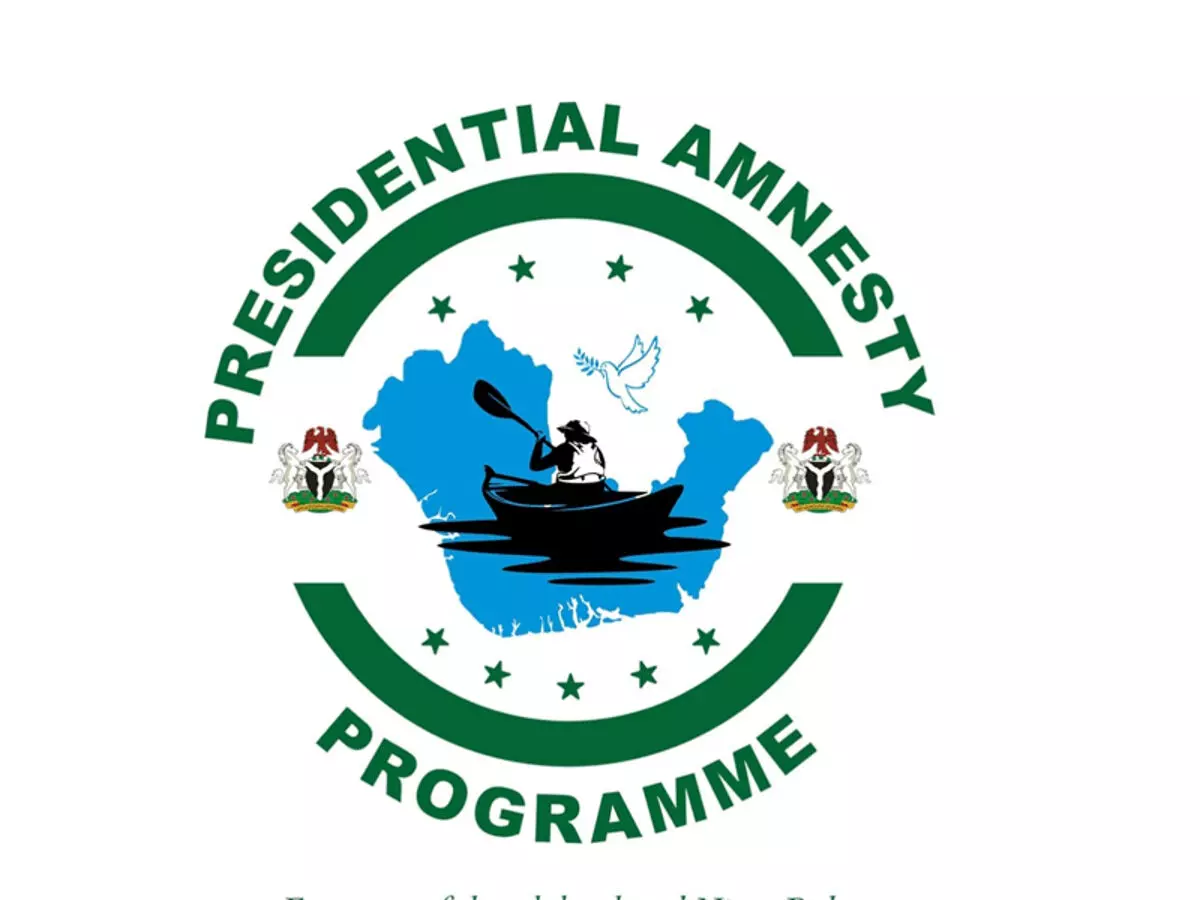- Home
- /
- Features/Spotlight
- /
- Reassessing the...

In June 2009, the administration of the late President Umar Yar’Adua granted amnesty and unconditional pardon to all persons who had participated in militant activities in the Niger Delta region of Nigeria.
In the official proclamation of amnesty, the late president said the pardon “shall take effect upon the surrender and handing over of all equipment, weapons, arms and ammunition and execution of the renunciation of Militancy Forms”.
Consequently, the Presidential Amnesty Programme (PAP) was set up to curb youth restiveness and end militancy which had led to the destruction of critical national infrastructure and sabotaged Nigeria’s crude oil-based economy.
The PAP has three major components namely disarmament, demobilization and reintegration.
Disarmament: where repentant militants from the Niger Delta voluntarily surrendered their weapons to the Federal Government in 2009. Under this section, arms and ammunition from over 29, 000 ex-militants were recovered.
Demobilisation: where essential information on the background and stations of the disarmed ex-militants were collected. The ex-militants were then counselled, trained and documented before being enrolled into the PAP.
Reintegration: where beneficiaries are fully reintegrated into society after training and empowering them to the status of entrepreneurs and/or employable citizens contributing to the development of the region.
Like other disarmament, demobilisation and reintegration (DDR) programmes, the PAP was initiated to serve as a precondition for ending armed conflict, securing stabilisation and initiating a process leading to sustainable development.
Also, one of the fundamental characteristics of DDR programmes is that they have timelines and deliverables. Thus, the PAP was originally designed to be terminated at the end of December 2015.
A fair and open assessment indicates that the PAP has been relatively successful in stemming militancy and attacks on critical national infrastructure.
Laudable as the programme is, however, it is reported to be engulfed in some measure of lack of transparency and accountability.
For instance, in 2020, the National Security Adviser (NSA), Babagana Monguno, whose office supervises PAP, said that the programme’s fund totaling N712 billion released since its creation could not be adequately accounted for.
“The predatory instincts of certain individuals came into the fore and the programme was turned upside down.
“There is no place on the surface of this earth where programmes that are supposed to be palliatory will continue forever.
“At the end of the day, it will become a big problem and entanglement for the government,” Monguno said.
The NSA’s position was corroborated in a report published by Nextier Security, Peace and Development in November 2020.
The report, sponsored by the Nigerian Natural Resource Charter, found that PAP had failed to address some of the challenges that necessitated its establishment.
The report also said that, as then constituted, PAP appeared to be attending to militants while a large number of development and infrastructural issues remained unaddressed.
Responding to the development, President Muhammadu Buhari appointed retired Maj.-Gen. Barry Ndiomu as Interim Administrator of the PAP in September 2022 with a mandate to wind down the programme.
However, the decision to wind down the PAP was strongly opposed by a significant section of the Niger Delta region, leading the government to rescind its decision and extend the programme for a few more years.
“The Federal Government has heard the concerns of Niger Delta people and…has decided to shelve an unwanted termination agenda and transform PAP into a more sanitised, transparent, efficient, robust and sustainable entity.
“We call on all stakeholders to sustain the peace in the region and help the new administration to reform, refocus and reposition the programme for optimum performance,” Ndiomu said in a statement.
One of the major challenges Ndiomu had to face in his new mandate of refusing the PAP was the task of cleaning up the programme’s database.
Many believed that PAP’s database had been so compromised that no sustainable reform could occur without sanitising its record.
Some reports claimed that internal and external audits of PAP’s database uncovered fraud in the payment of stipends.
There was also the alleged case of the award of scholarships done without recourse to proper budgetary considerations and efficient financial planning.
This led to a temporary suspension of PAP’s education scholarship scheme due to financial constraints occasioned by the huge debt profile associated with the formal education component of the programme.
Experts say refocusing a programme by de-emphasising cash handouts and stipends into stressing skill acquisition and an employment-based intervention will not go down well with those who benefit from the status quo.
However, as pointed out by Monguno, no DDR programme lasts forever. Since the PAP has effectively failed to address environmental and developmental issues, it should be revaluated to meet those mandates.
By Kayode Adebiyi



